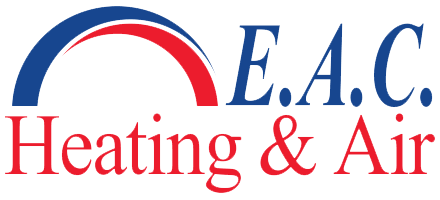Energy costs money, but an efficient HVAC system minimizes the amount you have to spend. Take a little time to maintain your HVAC system now and you could save hundreds of dollars down the road. Here is what to do:
Clean or replace filters
Damage often occurs when a heating system’s airflow is impeded by dirt or debris. The U.S. Department of Energy recommends that HVAC filters be changed or cleaned every month. If you have not stayed on top of this recommendation, now is the perfect time to catch up.
Eradicate Debris and Vegetation
Over time, the outdoor components of your HVAC system can get clogged with dirt and/or overtaken by shrubbery. Fall is the time to clean up debris and vegetation from your exterior heat pump. If you do not, your unit will work harder than necessary to keep you comfortable and it will also wear out faster.
Rearrange the Furniture
Indoor obstructions also cause your heater to work harder than necessary. As colder days approach, make sure your heat registers are not blocked by furniture or other household items. Unobstructed vents allow heat to flow efficiently to all areas of your living space.
Shine up the Thermostat
If you have an electric thermostat, give it a set of fresh batteries for the upcoming season. If you have an older, lever-operated thermostat, remove the cover and dust the inner mechanisms gently. Thermostats should never be placed near drafty windows or heat-generated lamps; situate your thermostat in a neutral temperature zone to ensure accuracy.
Check for Gas Leaks
An unchecked gas leak can cause an explosion, fire, and even death. Sniff around your HVAC components. If you detect an odor like rotten eggs or a burning smell, contact your HVAC specialist immediately. Bear in mind that some gases are odorless and colorless. Maintenance is very important for warding off carbon monoxide or other dangerous leaks. To prevent this issue from occurring, your HVAC specialist can install carbon monoxide detectors in your home to alert your family of potential gas leaks.
